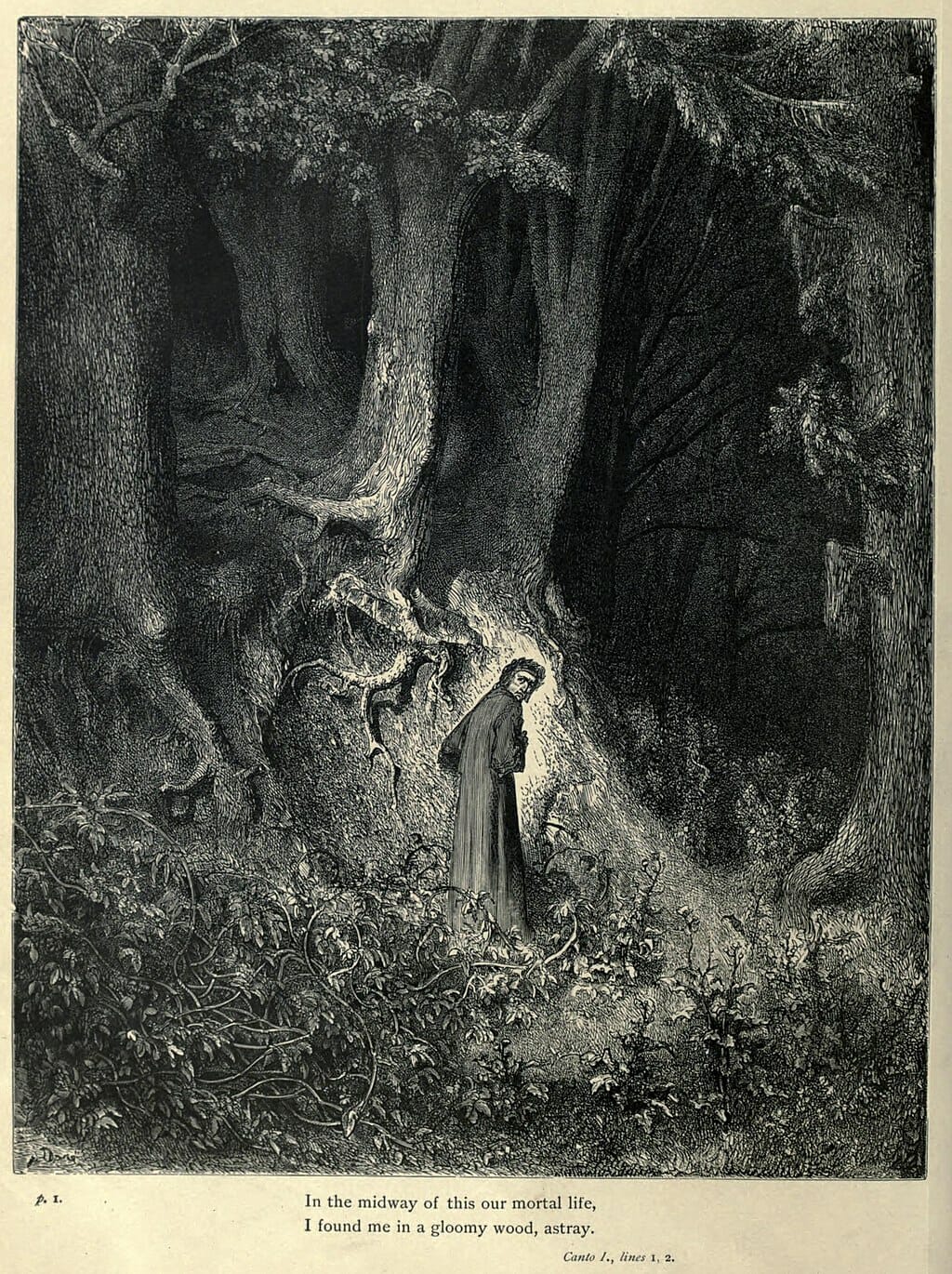
The Atmosphere Is Incandescent | De Castro’s Journey Inward
Author
Year
Format
By
The Atmosphere is Incandescent is a poem from Las Orillas del Sar (1884), Rosalía de Castro’s last collection. The original poem consists of five stanzas in free verse. Its most distinct stylistic feature is the frequent use of adjectives (e.g., “relentless,” “monotonous,” and “intolerable”), painting an atmosphere of distress and discomfort.
The subject of this poem is summer, presented, rather unusually, as the hardest of seasons. De Castro’s persona (poetic “I”) longs for winter to return and offer relief from the intolerable summer sorrows. This is not the first time that De Castro has expressed her fondness for the coldest months, as she does in Cold Months of Winter (1880, in Follas Novas):
Cold months of winter
That I love with all my love;
Months of rivers that run full
And the sweet love of home.(translation by Eduardo Freire Canosa, in Eleven Poems by Rosalía de Castro)
This close connection between the four seasons and states of the mind is not unusual in Romantic and post-Romantic poetry, as explored in John Keats’s The Human Seasons. On the one hand, Keats’s poem’s formal constraints and extensive use of metaphor leave it open to many interpretations. On the other hand, The Atmosphere is Incandescent presents a more definite view: summer is a season of sorrow.
Some wounds can never heal
Beautiful are all seasons to the man
who shelters happiness within his soul;
but the deserted, orphaned spirit feels
no season smile upon its luckless door.
In its last stanza, the poem reveals a most intimate frustration. For those who already foster happiness, it is easy to find beauty in any season. For others, however, no season can ever be cheerful or propitious. From this premise stems the idea that only death can truly liberate humans from worldly burdens, a view De Castro shared with her acquaintance and fellow poet Gustavo Adolfo Bécquer, author of Rimas.
Rosalía de Castro’s poetry reaches its most intimate moments in Las orillas del Sar, and The Atmosphere is Incandescent is an example of how she brings her persona’s inner feelings to light, unfiltered. The song of the gaita gallega (‘Galician bagpipe’) is only a distant memory, for now, what rings much louder is a more personal and, therefore, universal sorrow.
About Rosalía de Castro
“Fragile and profound, shadow and light”: these are the words with which Galician scholar Xesús Alonso Montero describes Rosalía de Castro. A tormented voice singing the wounds of her homeland, Galicia, and the wounds of the spirit, trespassing into the most profound and uncharted territories of the human soul.
Rosalía de Castro was the first Spanish poet to publish a poetry collection in the Galician language. Cantares gallegos is not only an ode to Galicia’s beauty and folklore but also a social manifesto. It denounced the conditions in which the Galician people were forced to live. While never really turning her sympathetic gaze away from her homeland, in her later works Follas novas and Las Orillas del Sar De Castro embarks on an exploration of lyrical themes delving into the depth of the human experience and feelings.
All quoted verses from The Atmosphere is Incandescent are from Edwin Morgan’s translation in his Collected Translations. Other translations are available.
Tag
Buy a ☕ for Hypercritic










